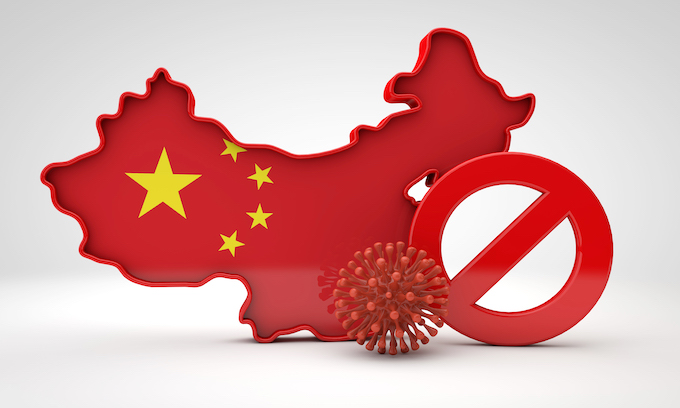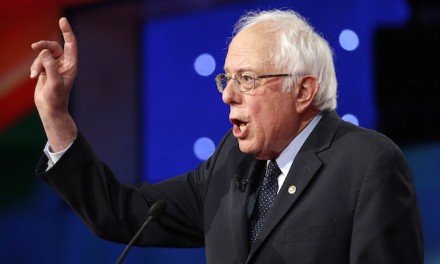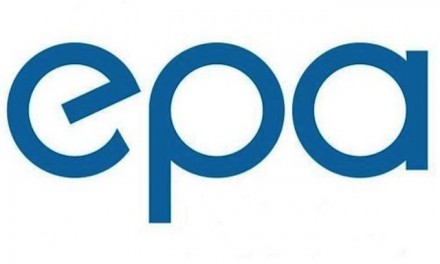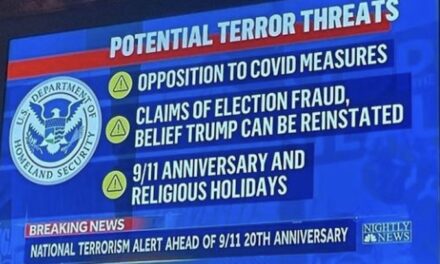“In the early hours of Feb. 7, China’s powerful internet censors experienced an unfamiliar and deeply unsettling sensation – they felt they were losing control – [as[ the news was spreading quickly that Li Wenliang, a doctor who had warned about a strange new viral outbreak only to be threatened by the police and accused of peddling rumors, had died of COVID-19,” the NYT and ProPublica report revealed. “Grief and fury coursed through social media, [and] to people at home and abroad, Dr. Li’s death showed the terrible cost of the Chinese government’s instinct to suppress inconvenient information.”
Putting image above human lives
In the face of the leak and outrage, the Chinese communist government proceeded to “double-down” its suppression campaign.
“Warning of the ‘unprecedented challenge’ Dr. Li’s passing had posed and the ‘butterfly effect’ it may have set off, officials got to work suppressing the inconvenient news and reclaiming the narrative, according to confidential directives sent to local propaganda workers and news outlets,” the report continued. “They ordered news websites not to issue push notifications alerting readers to his death, [a]nd they activated legions of fake online commenters to flood social sites with distracting chatter, stressing the need for discretion: ‘As commenters fight to guide public opinion, they must conceal their identity, avoid crude patriotism and sarcastic praise, and be sleek and silent in achieving results.’”
State officials ordered social media platforms “… do not use push notifications, do not post commentary, do not stir up speculation. Safely control the fervor in online discussions, do not create hashtags, gradually remove from trending topics, strictly control harmful information.”
And here’s what communist propaganda leaders were directed to do: “We must recognize with clear mind the butterfly effect, broken windows effect and snowball effect triggered by this event, and the unprecedented challenge that it has posed to our online opinion management and control work. All Cyberspace Administration bureaus must pay heightened attention to online opinion, and resolutely control anything that seriously damages party and government credibility and attacks the political system …”
This was no small-scale coverup, as thousands of secret government directives have been reviewed by the NYT and ProPublica investigative teams – all confirming China’s massive coverup campaign to control online opinion about the pandemic it spread around the world.
“In all, the Hangzhou offices of Beijing’s Internet regulator, the Cyberspace Administration of China, issued more than 3,200 directives and 1,800 memos in its COVID-censorship drive – all leaked by the hacker group C.C.P. [Chinese Communist Party] Unmasked,” the New York Post noted.
As the Chinese Communist Party continues to widen the divide with the West, it is using a number of means to spread its narrative and enforce its consensus.
“To stage-manage what appeared on the Chinese Internet early this year, the authorities issued strict commands on the content and tone of news coverage, directed paid trolls to inundate social media with party-line blather and deployed security forces to muzzle unsanctioned voices,” the NYT report pointed out. “Though China makes no secret of its belief in rigid Internet controls, the documents convey just how much behind-the-scenes effort is involved in maintaining a tight grip, [as] it takes an enormous bureaucracy, armies of people, specialized technology made by private contractors, the constant monitoring of digital news outlets and social media platforms – and, presumably, lots of money.”
Investigators went on to explain how China bent over backwards since the beginning of the year to conceal the outbreak it released, noting how it was much more than just “flipping a switch” to shut down ideas, images and news stories that reflected poorly on China.
“China’s curbs on information about the outbreak started in early January – before the novel coronavirus had even been identified definitively – the documents show,” the report stressed. “When infections started spreading rapidly a few weeks later, the authorities clamped down on anything that cast China’s response in too ‘negative’ a light.”
Some of the information obtained by the NYT and ProPublica came from a website that monitors Internet controls implemented by the Chinese government.
“China has a politically weaponized system of censorship; it is refined, organized, coordinated and supported by the state’s resources,” explained China Digital Times Founder Xiao Qiang, who is a research scientist at the University of California, Berkley, School of Information. “It’s not just for deleting something. They also have a powerful apparatus to construct a narrative and aim it at any target with huge scale. This is a huge thing. No other country has that.”
—-
Copyright American Family News. Reprinted with permission.


















““China has a politically weaponized system of censorship'” The concealment was more deceptive, by the Chinese. We Conservatives (not RINOS), already knew how deceptive the Chinese had been. Secondly, the United States has a “politically weaponized system of censorship'”. We all know who those in the media are, who practice censorship. The censorship in the United States sounds just like China, doesn’t it?
I have to disagree with you there backpacker on the RINOs not knowing how deceptive the Chinese had been. These particle’s of dung know perfectly well how the Chinese want to destroy us and how deceptive they are… they’re just in bed with the Regressive Liberal Socialist Democrats on selling out our country for their own personal financial gain… as always just follow the money.
At least in china, they don’t LIE about what they are doing, while claiming “WE are upholding your rights and freedoms’!
“No other country has that?,,,,Just the United States Democrat Socialist run party of information control, particularly right before elections, which might have unmasked the Biden Family corruption, but chose to cover it with a blanket of misinformation and lies.
Just change the next cover up to “American media and chinese bought politician Concealment Of Hunter Biden family enrichment More Deceptive Than Thought,” and you begin to see the real picture.
And?? You expect ANY amount of evidence this was a DECLARATION of biological war against the entire rest of the world, to do JACK SQUAT to get anyone to act against china???
the only thing we as a country can do is NOT buy ANY ***** products. I know… I know… the word ***** is a racial slur. After what these evil fatherless scum did to the rest of the world … I don’t care… no amount of brow beating… no amount of legislation will stop me from saying *****. Archie Bunker was way ahead of his time.
That’s assuming, we CAN buy other made stuff, to replace the ones MIC??
the terrible cost of the Chinese government’s instinct to suppress inconvenient information.”
Which is not very different from the U.S. Liberal Media’s instinct to suppress inconvenient information.
I see Fake News learned well from their Commie Conterparts.
Right now, i wonder, HOW MANY of them are fully owned BY the CCP??
my guess…about 90%